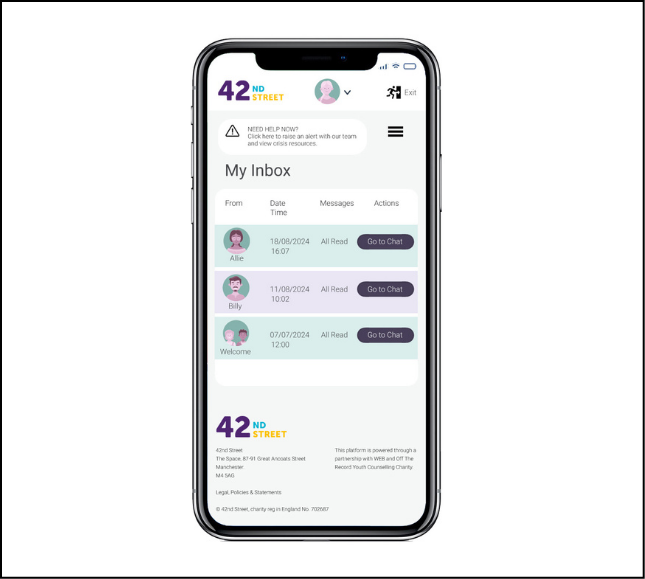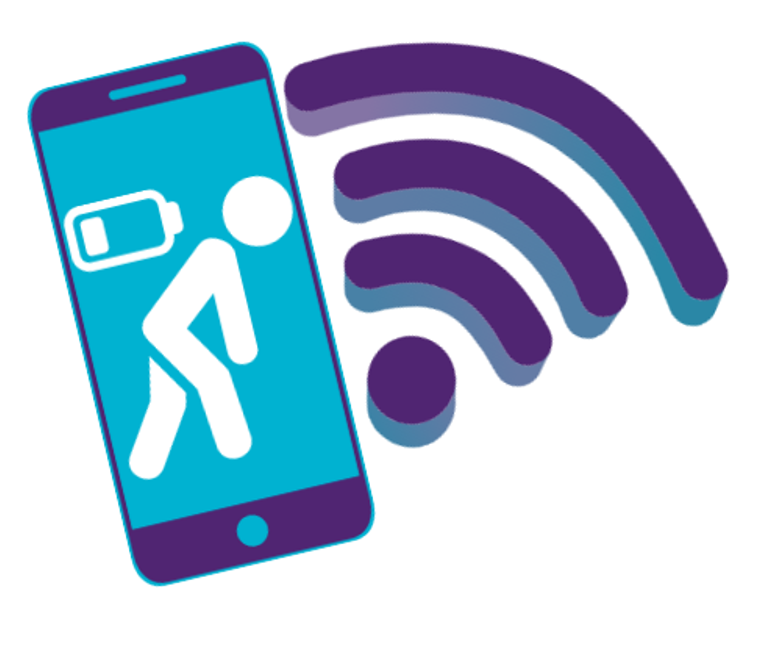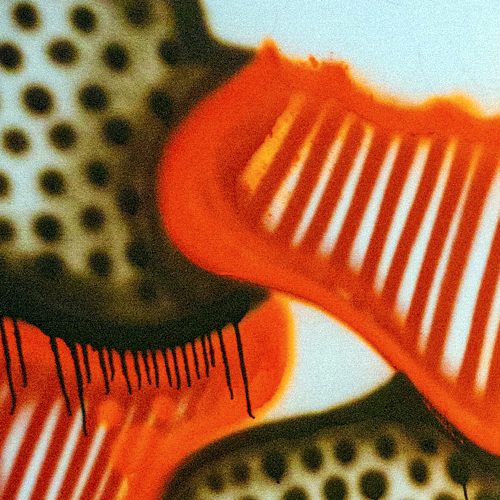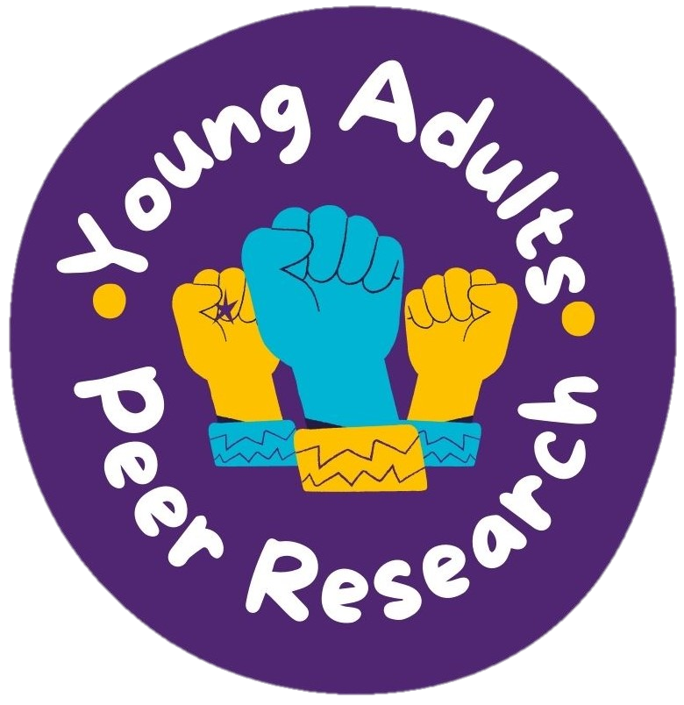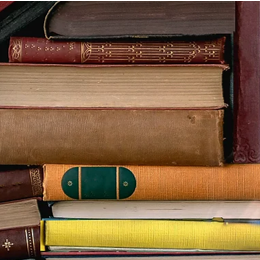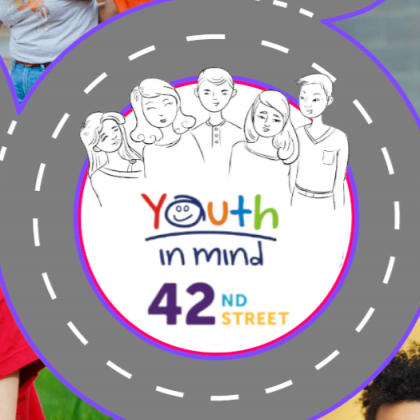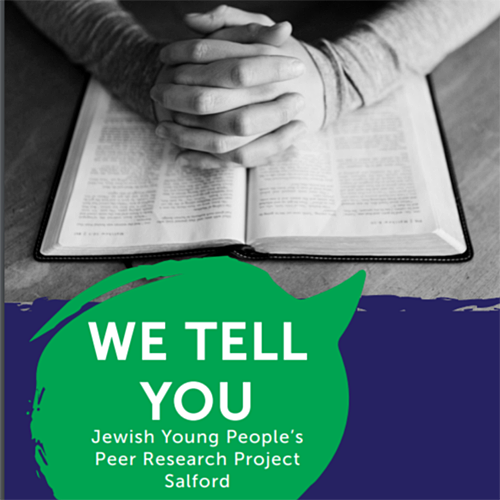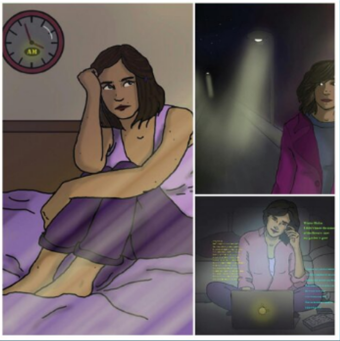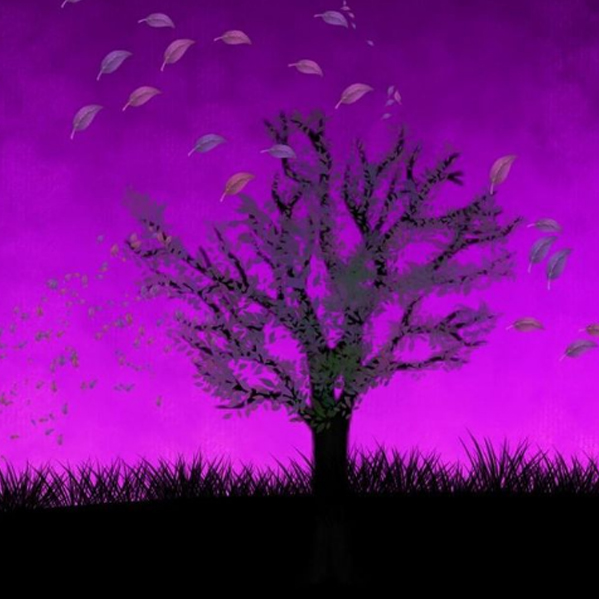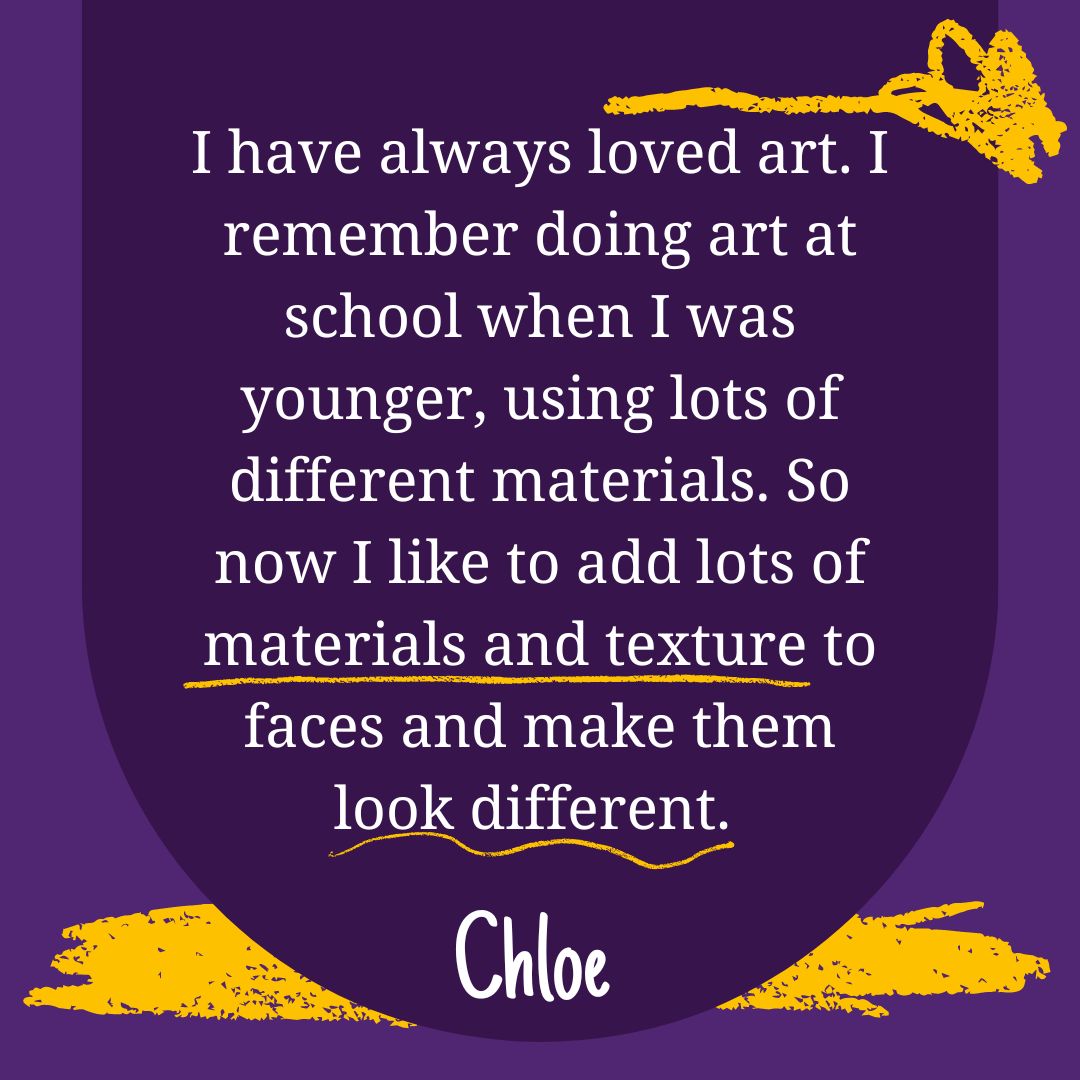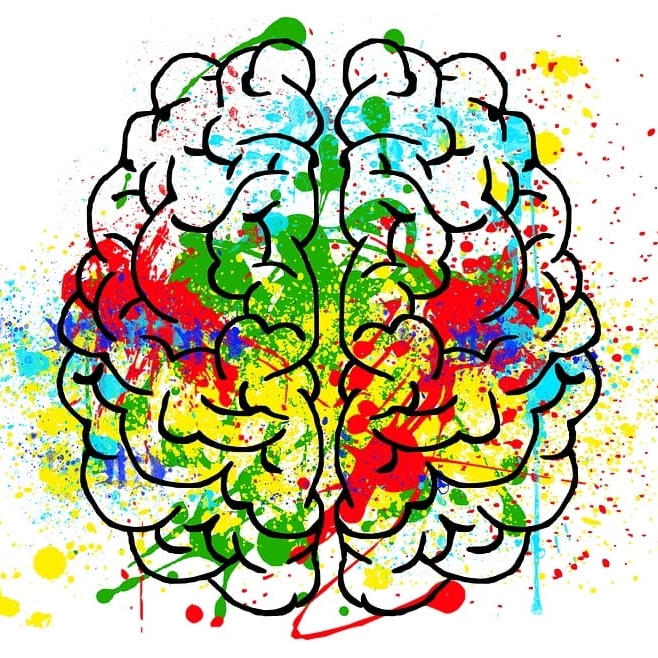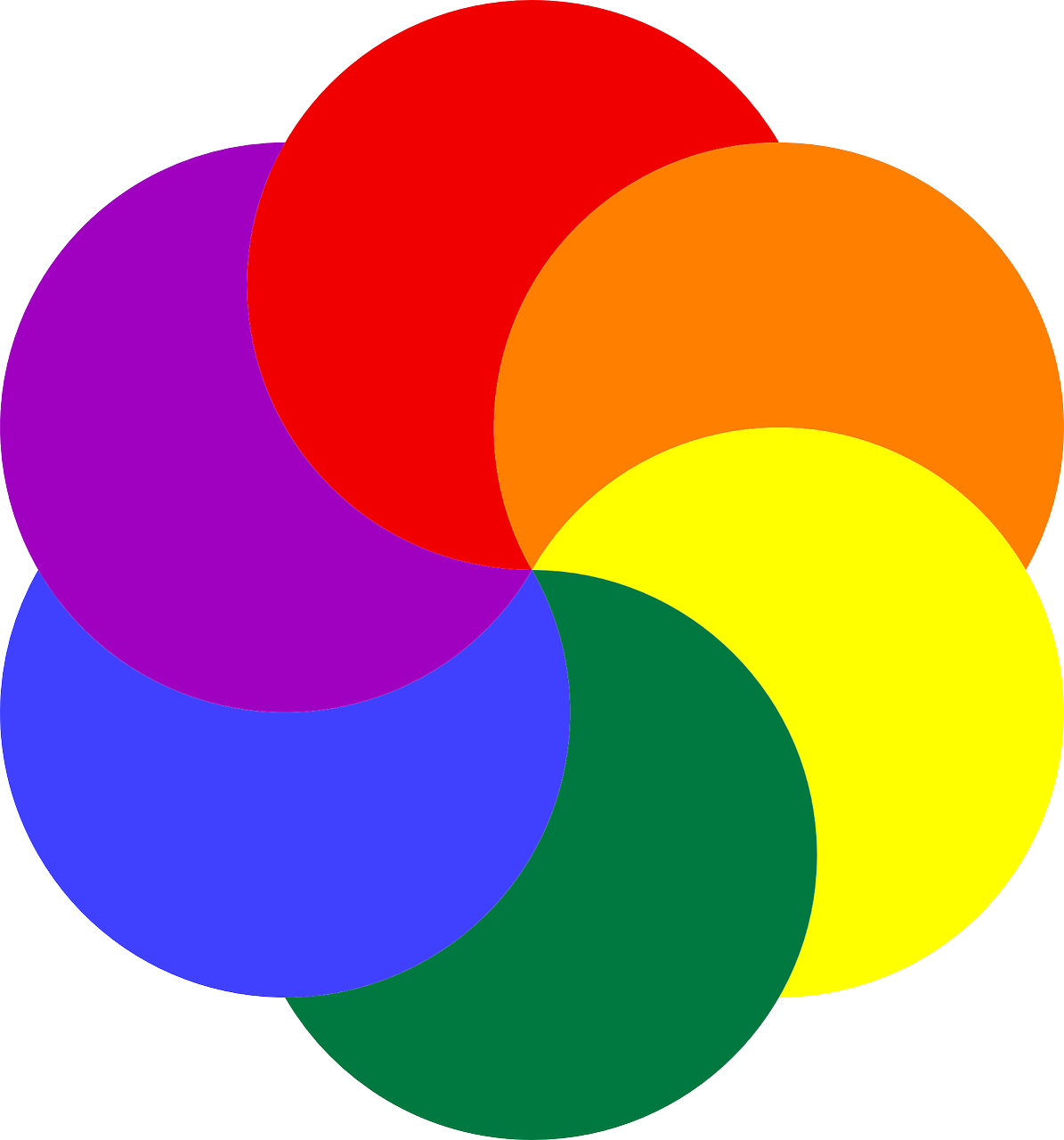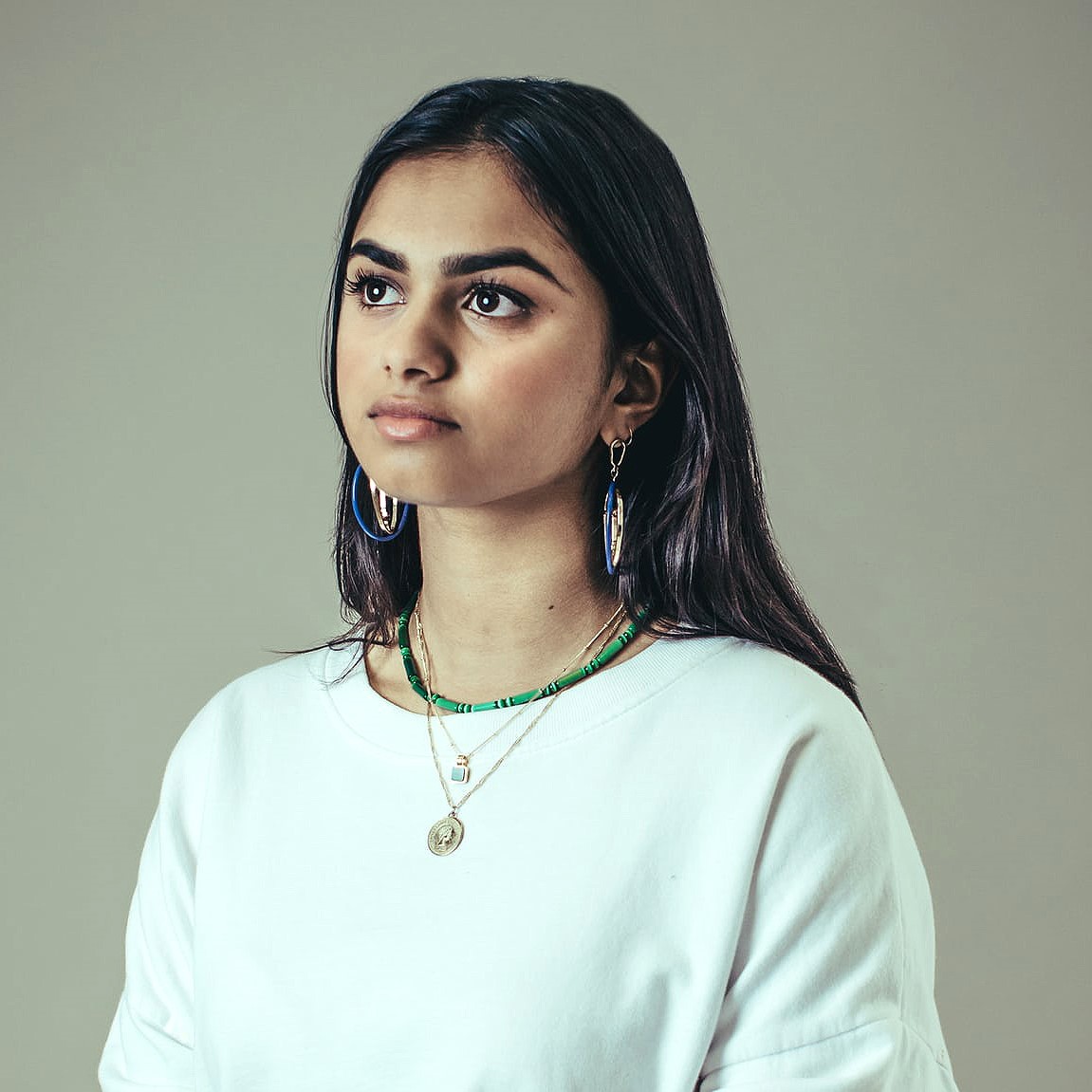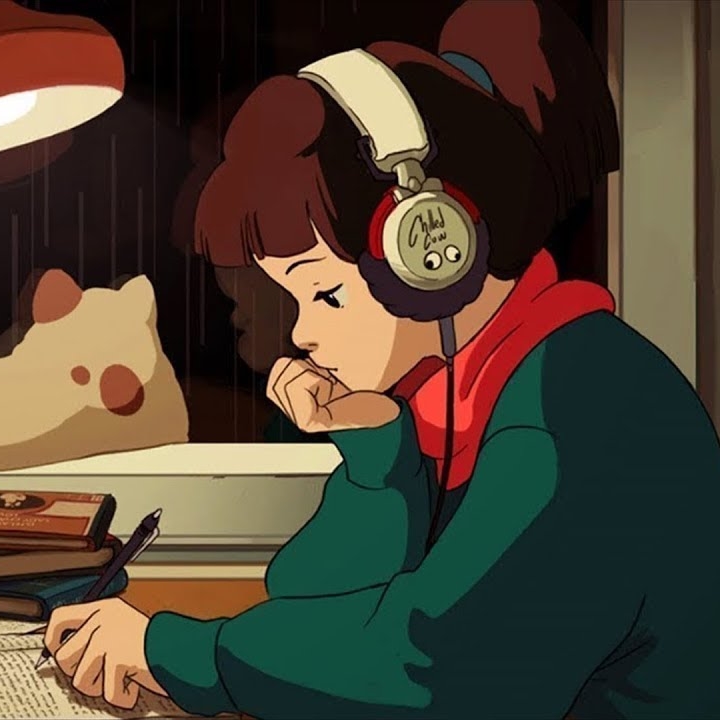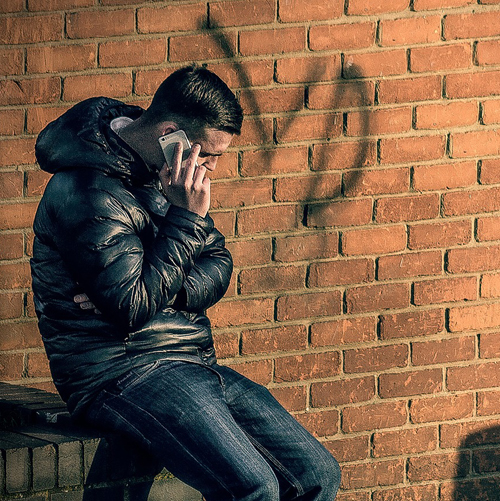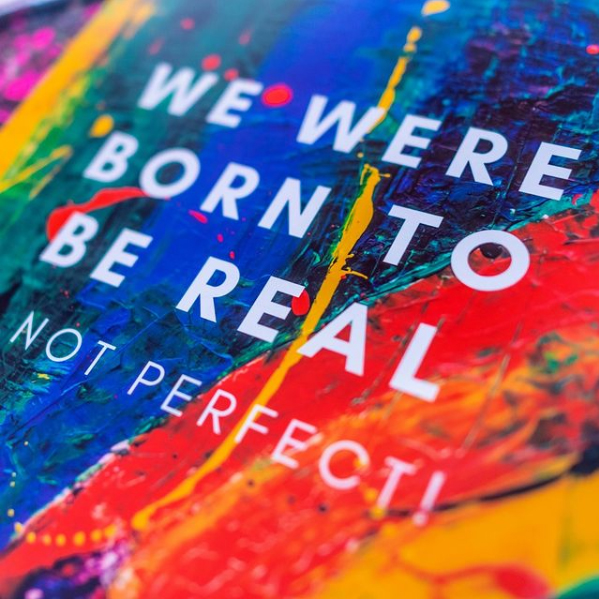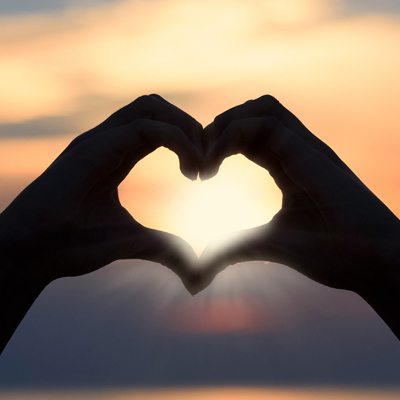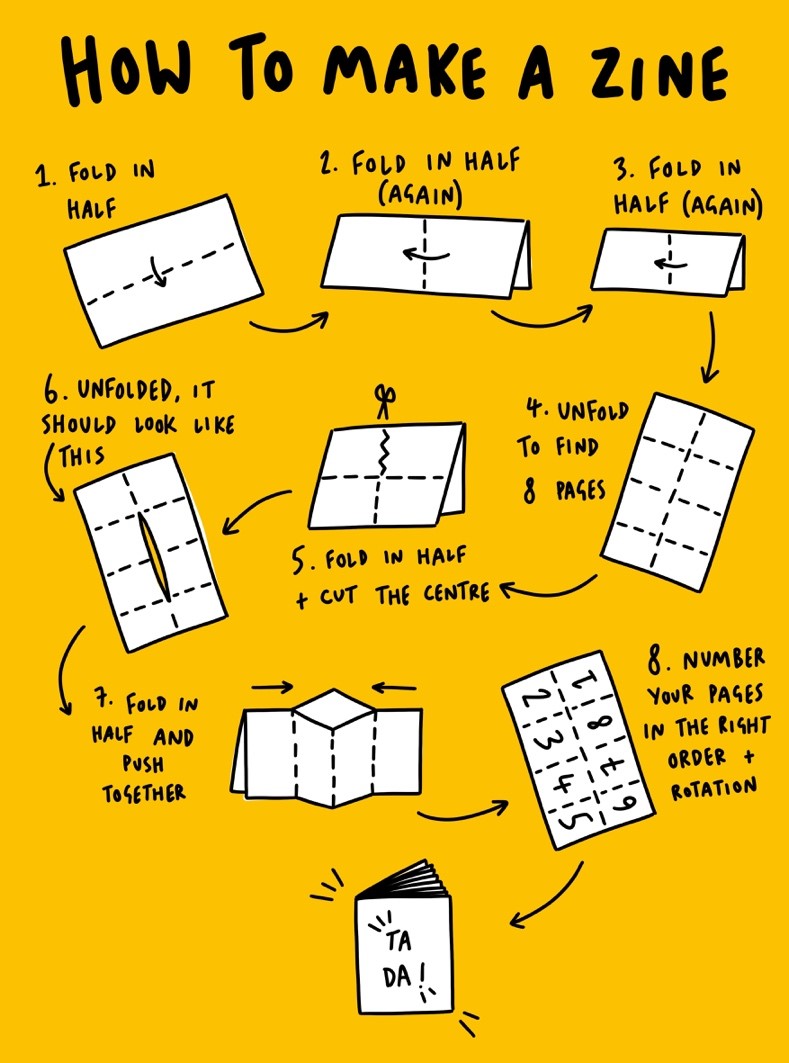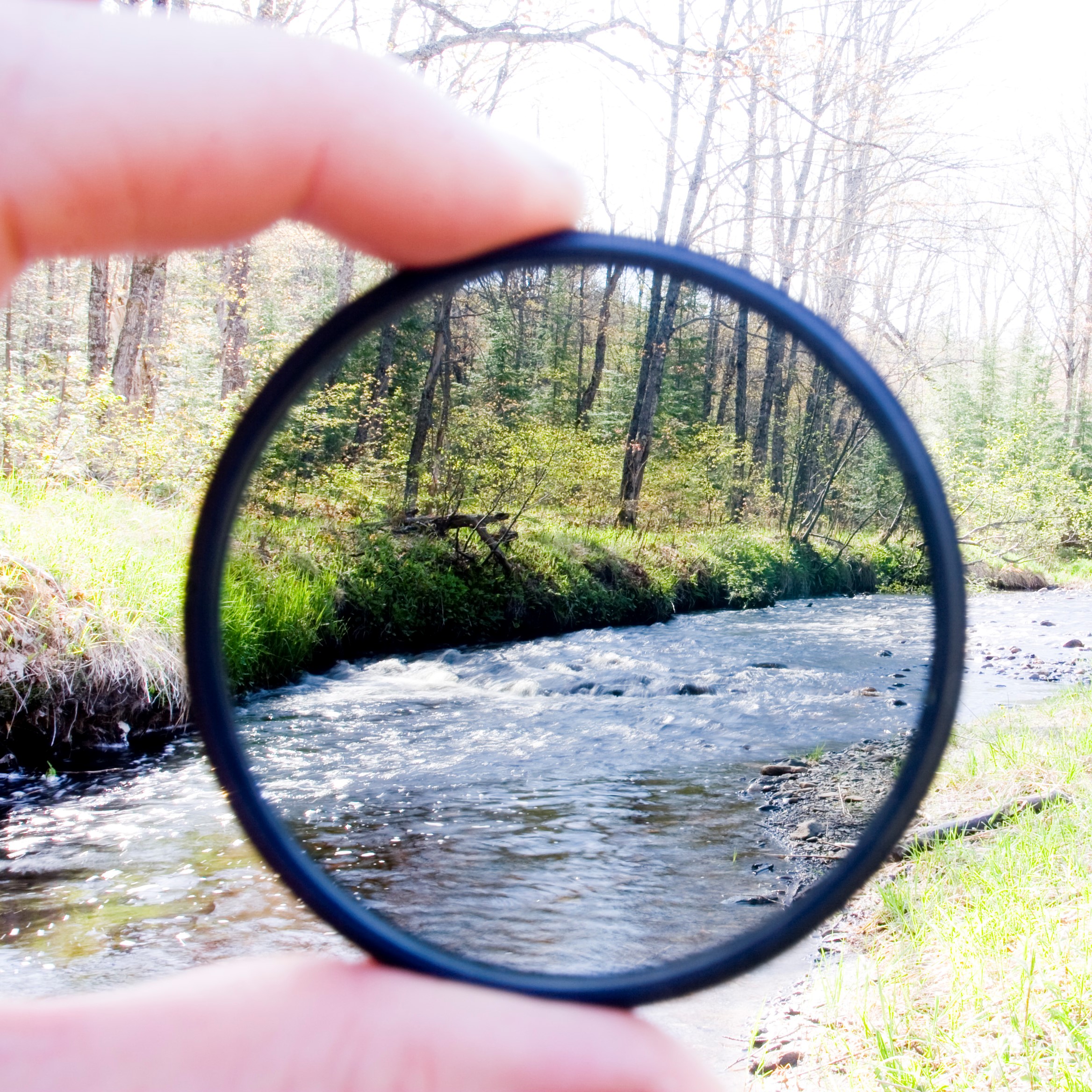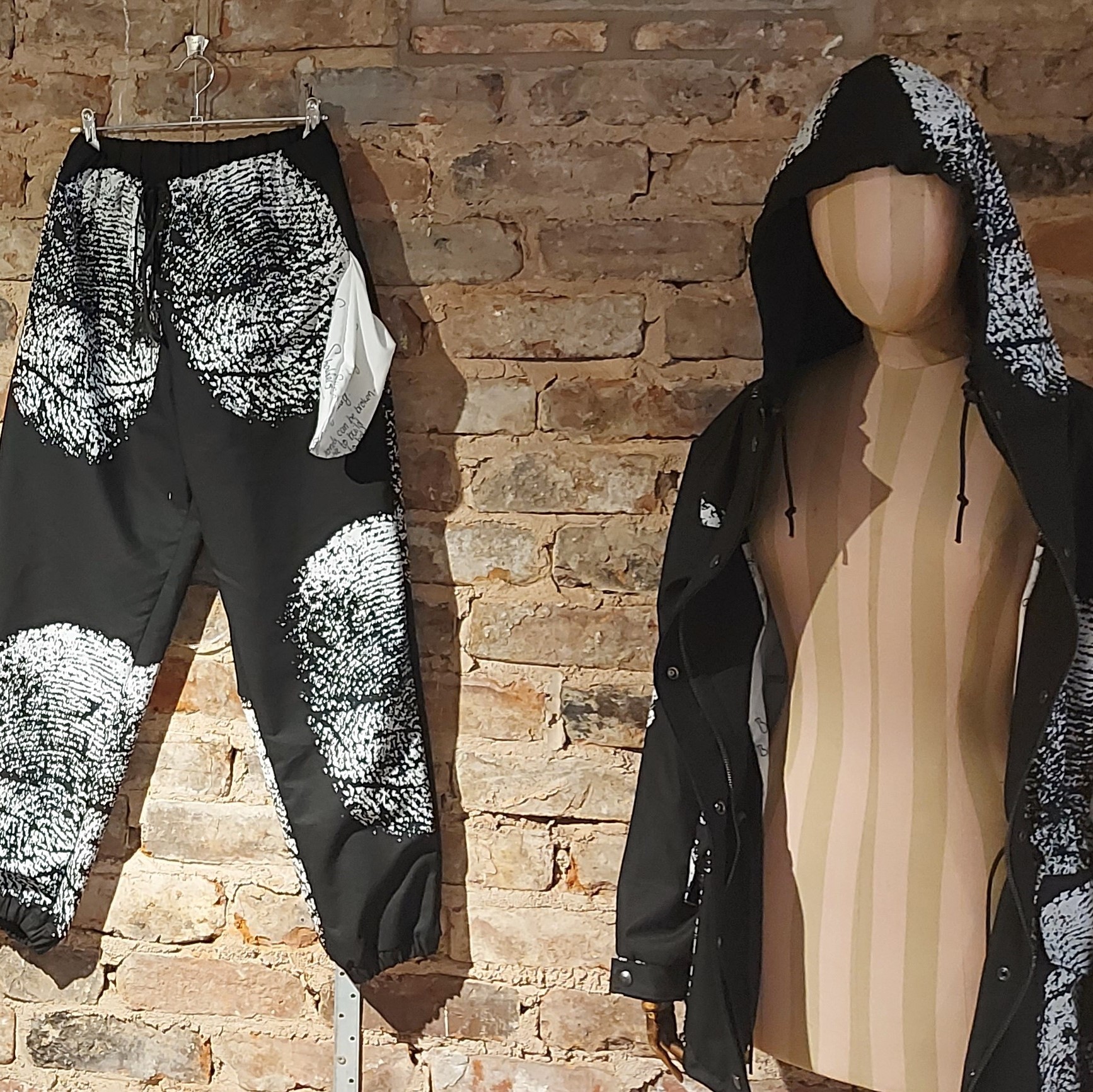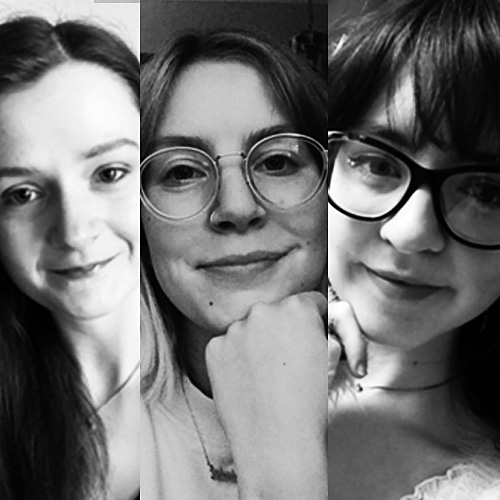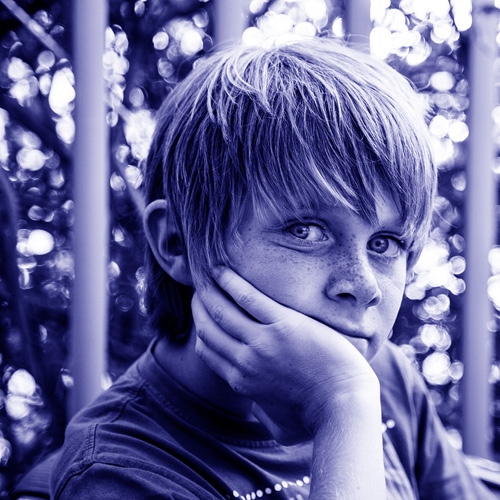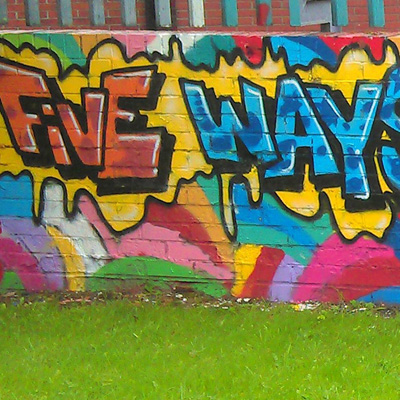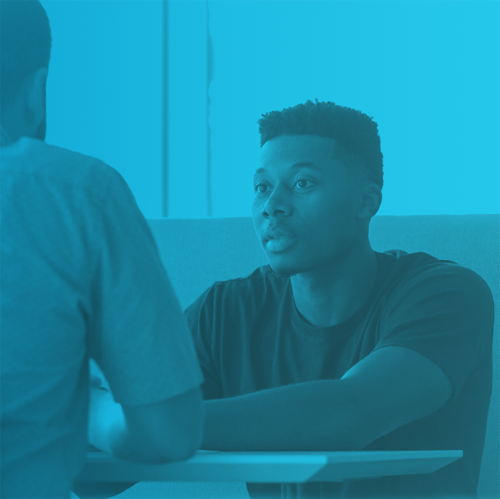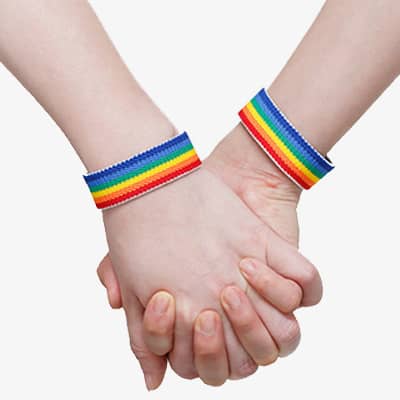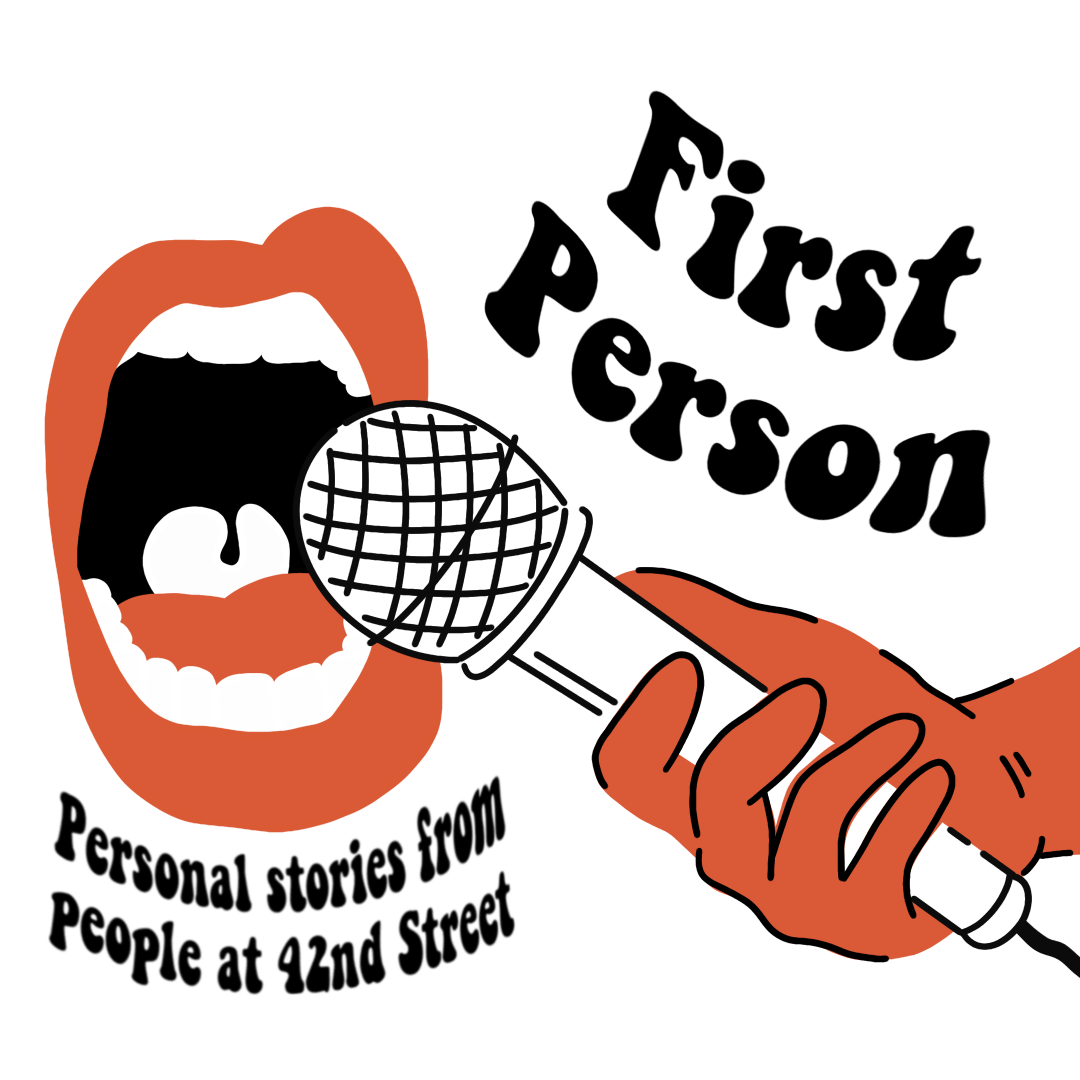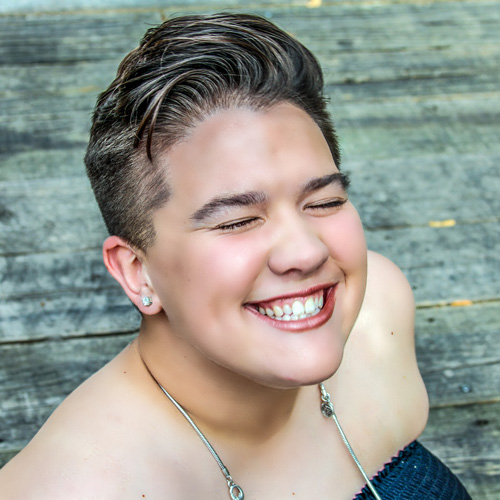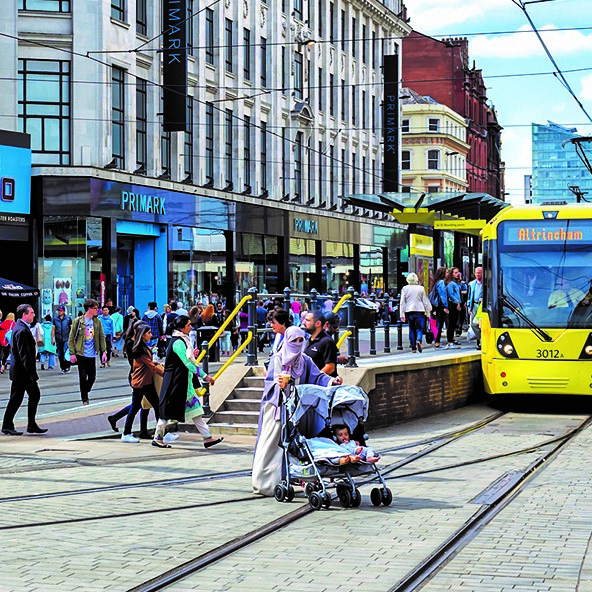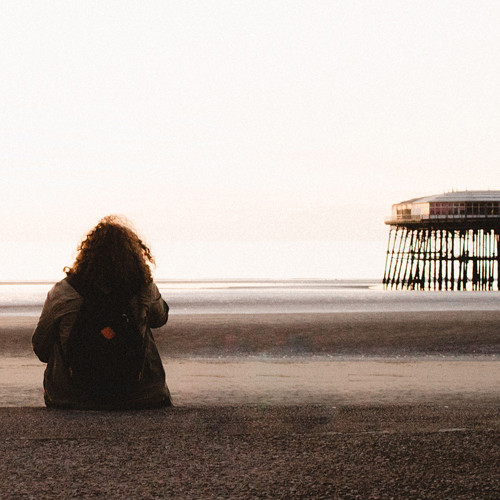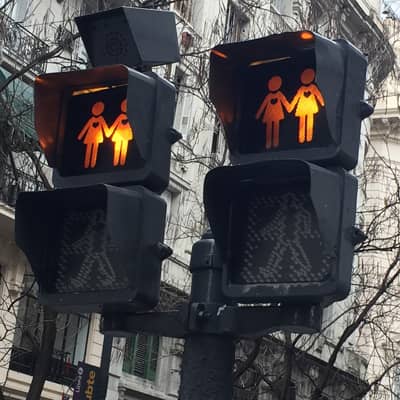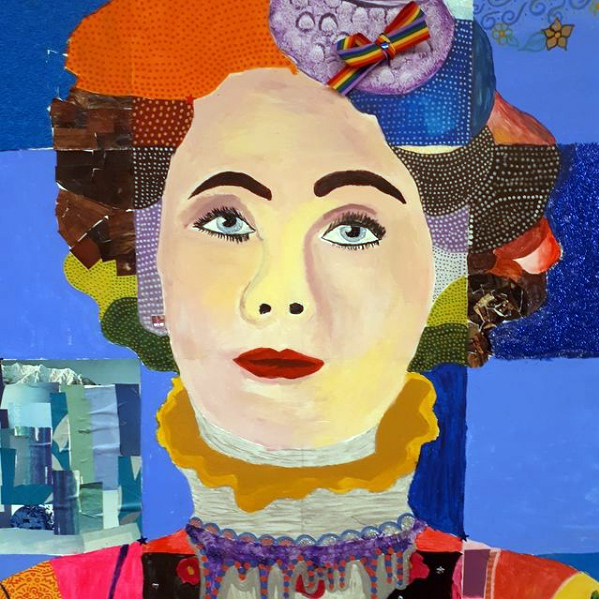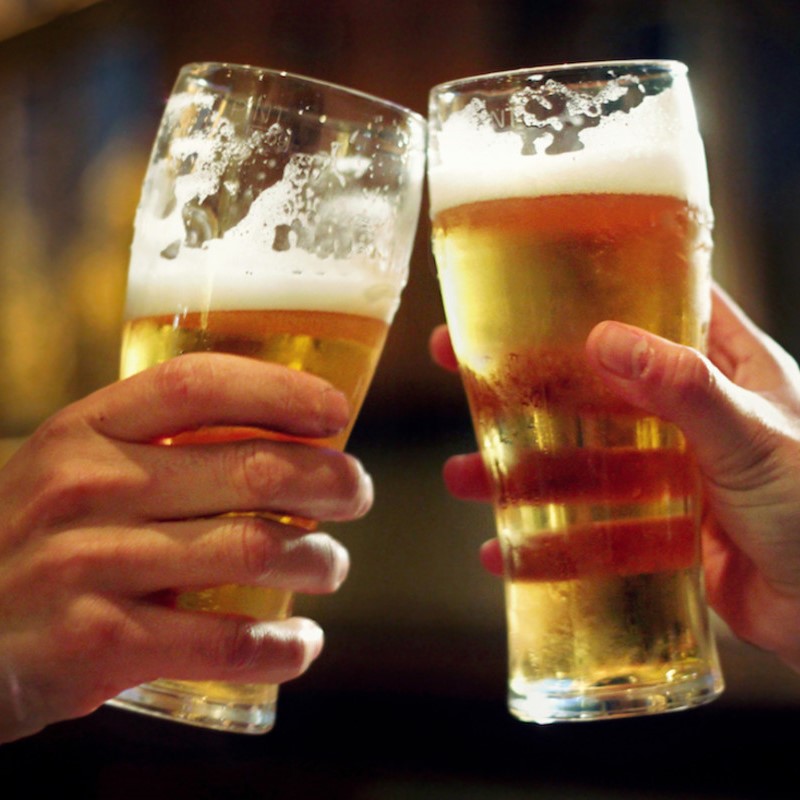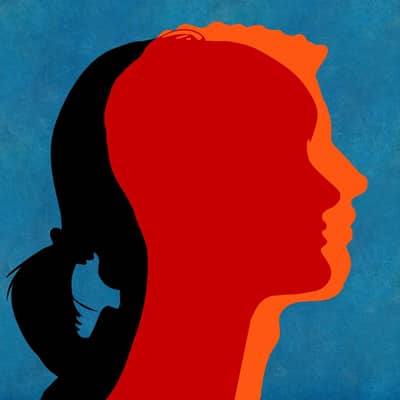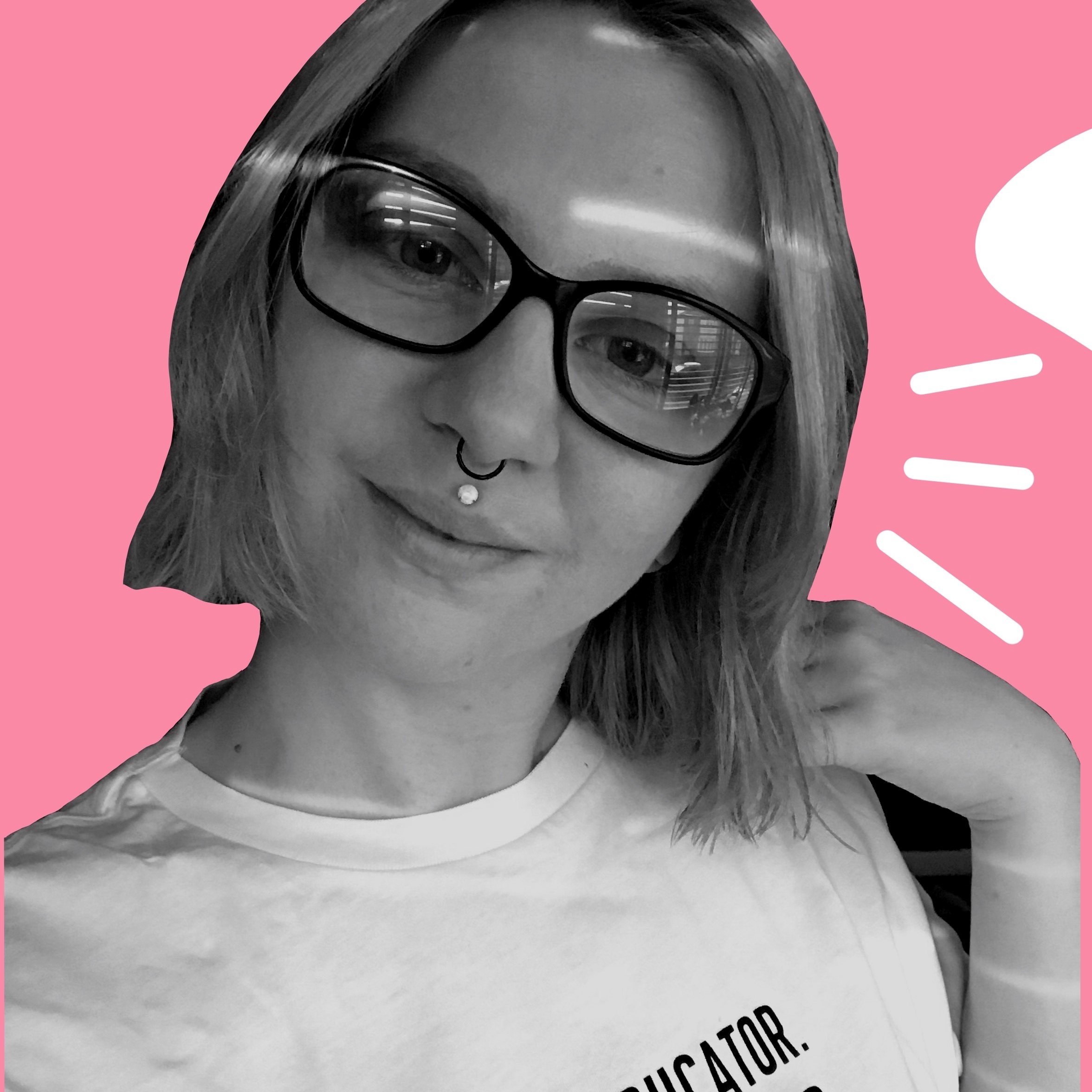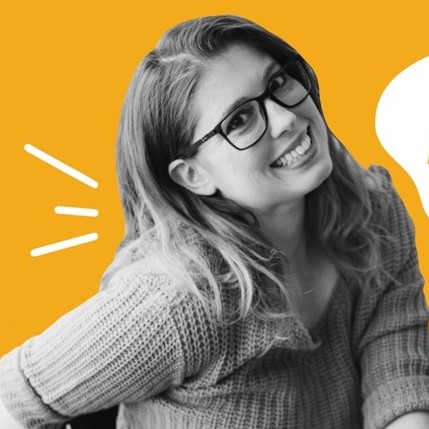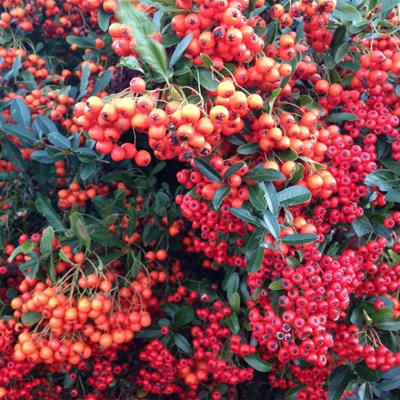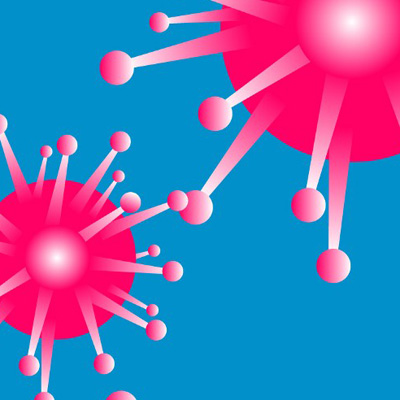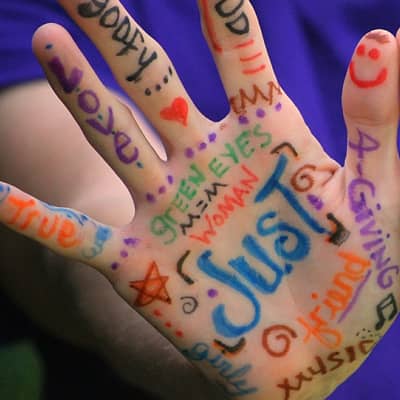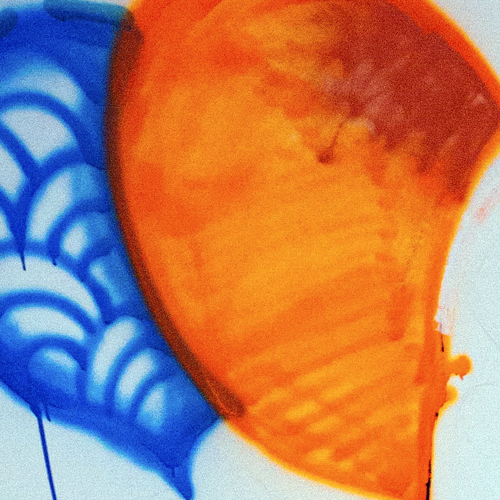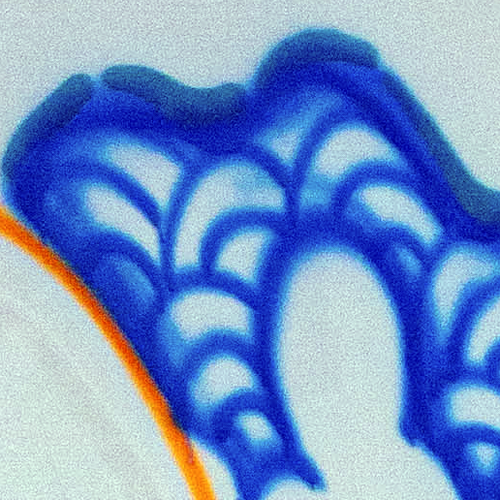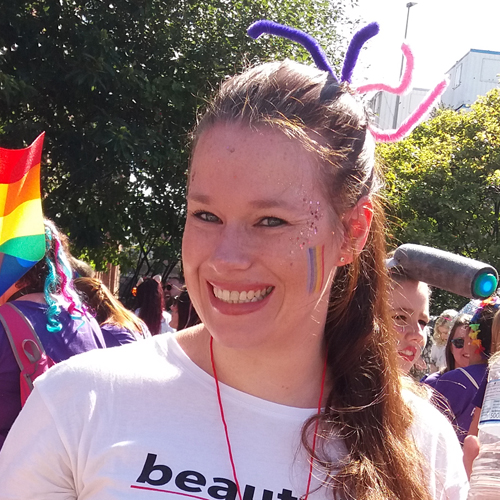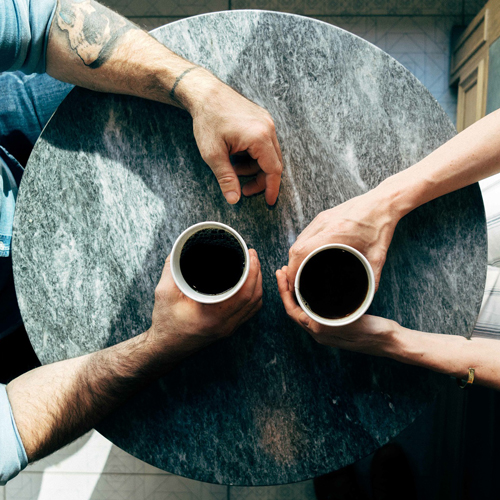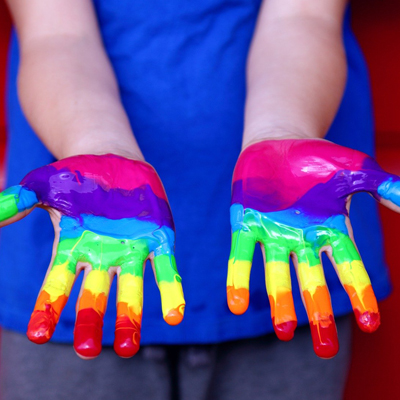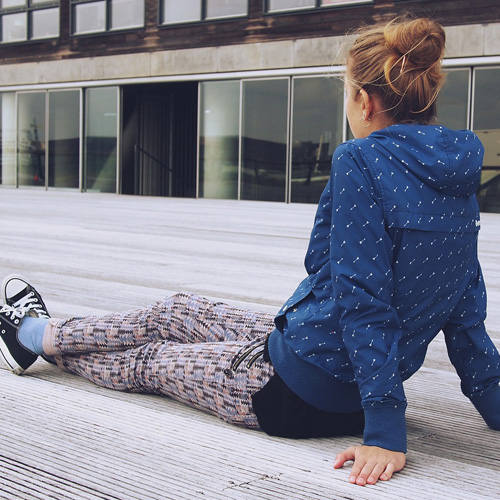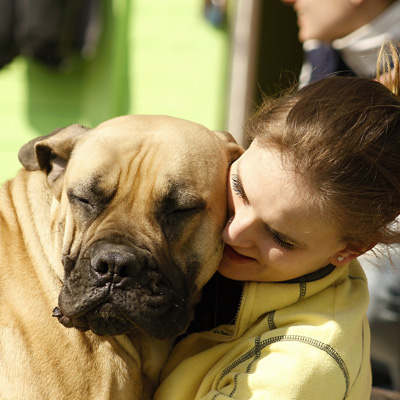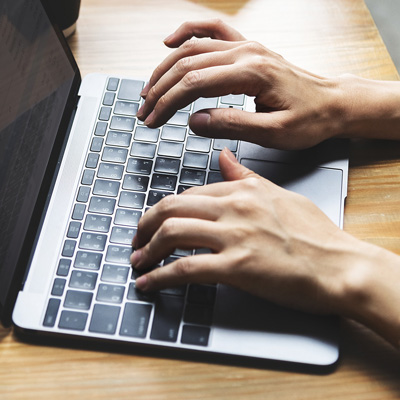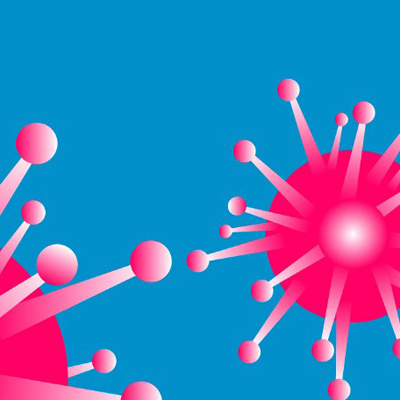Understanding Gender

Mid read – 5 mins
Gender can definitely be a confusing and complicated topic, but one thing we can confirm – your gender is what feels right for YOU! If you google gender you might get a lot of different theories and debates around what gender is and isn’t. Your gender might not be a single label and it might change as you grow, but whatever rings home to you is 100% valid and should be celebrated!

It’s worth noting that there’s a huge range of cultural understandings around gender too. A lot of the concepts we mention could be seen as quite “westernized” or “European” but we’re aware many of these and others can be found within the rich cultural histories of the world (colonialism sadly had a big role in why many of these histories aren’t more widely recognised today).
What gender isn't...
Let’s kick start by clarifying what gender isn’t!
- Gender is not just “male” and “female”. There are a whole variety of possibilities, including feeling no gender at all. It’s also important to remember biological sex isn’t just “male” and “female” either – 1.7% of the world’s population is intersex (having hormonal and chromosomal traits associated with both female and male sex).
- Your biological sex is not the same thing as gender. Your biological sex is mostly about your genitals, reproductive bits and chromosomes. Biology might impact how you look and affect what people assume is your gender – but these elements don’t have to define your gender!
- The Gender spectrum is forever growing and is not limited to just “masculine” and “feminine”. What we might define as gender in 20 years’ time might be completely different – and we love that!
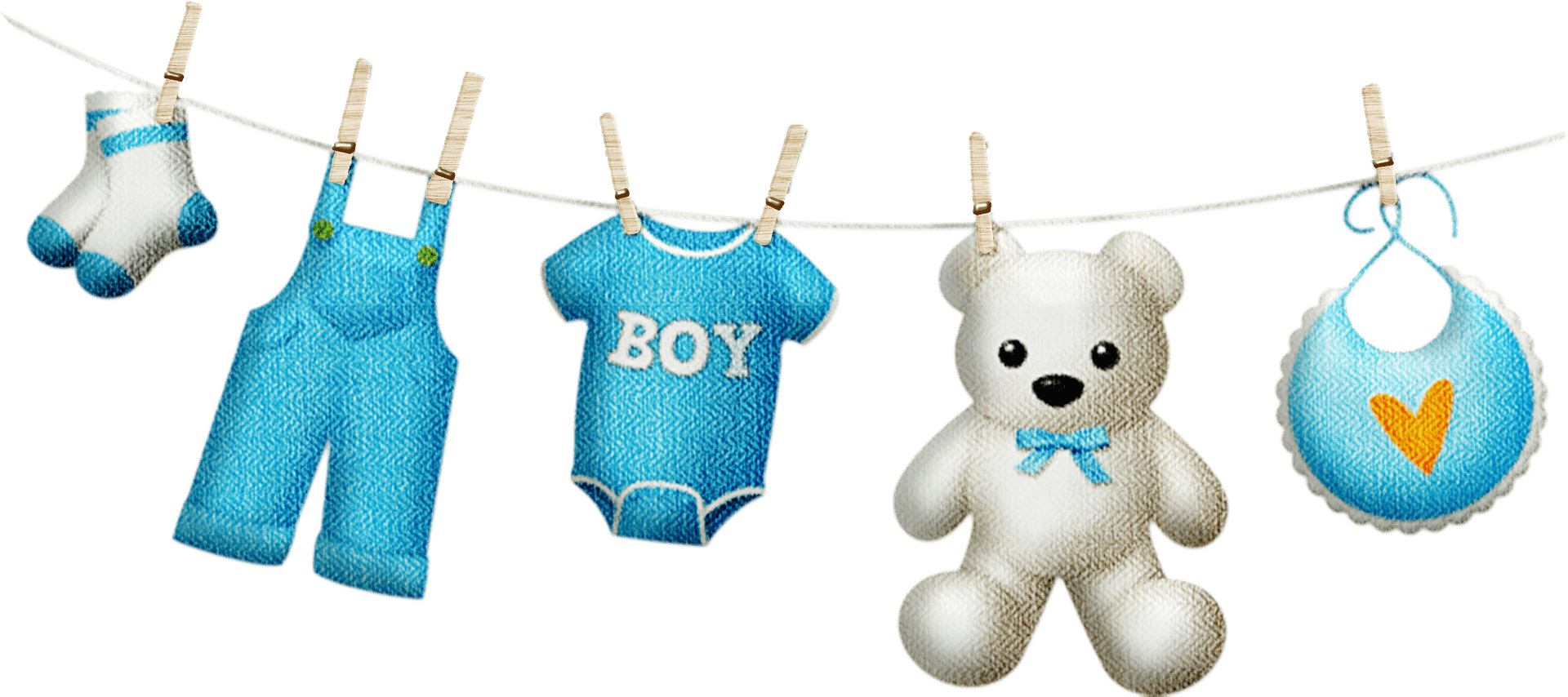
What gender is...
Social
You may have heard people say, “gender is a social construct”, which basically means it’s a concept that us humans created. And as you know, humans can all have very different opinions…
The definition of gender can vary between countries and cultures, which means someone’s understanding of gender might be completely different to yours.
Biological
Even though gender isn’t the same as biological sex, it can play an important role in your gender identity, especially for trans people, who may experience gender dysphoria (where your biological sex doesn’t “match” your gender and can cause intense distress and unease).
Interesting fact: Studies show different gender identities have different brain patterns! Often a trans woman’s brain is the same as a cis woman’s brain and vice versa. So you might have “male” or “female” genitals, but that doesn’t mean your brain “lines up” with that.
Personal
What’s most important is that no one can tell you what you are, because it’s an identity you get to define.
There isn’t a blueprint or ‘how to’ for finding what a certain gender looks like, so it is up to us as individuals to have our own idea and respect each other’s own ideas.
Performative
Another great way people explore gender is through performance. Some people find “performing” in ways society sees as feminine, masculine, butch or camp etc. becomes an important step in their identity. Performance might feel completely different to your gender identity, it might not. Both are completely OK!
Fluid
Your Gender and relationship to it can change over time and is forever evolving.
Complicated
Gender Theory is an entire field of study that people spend years studying. There’s not one simple concept everyone has agreed upon to define gender.
In case you’ve got this far and still feel confused, hopefully this visual demonstration will help put some pieces together!
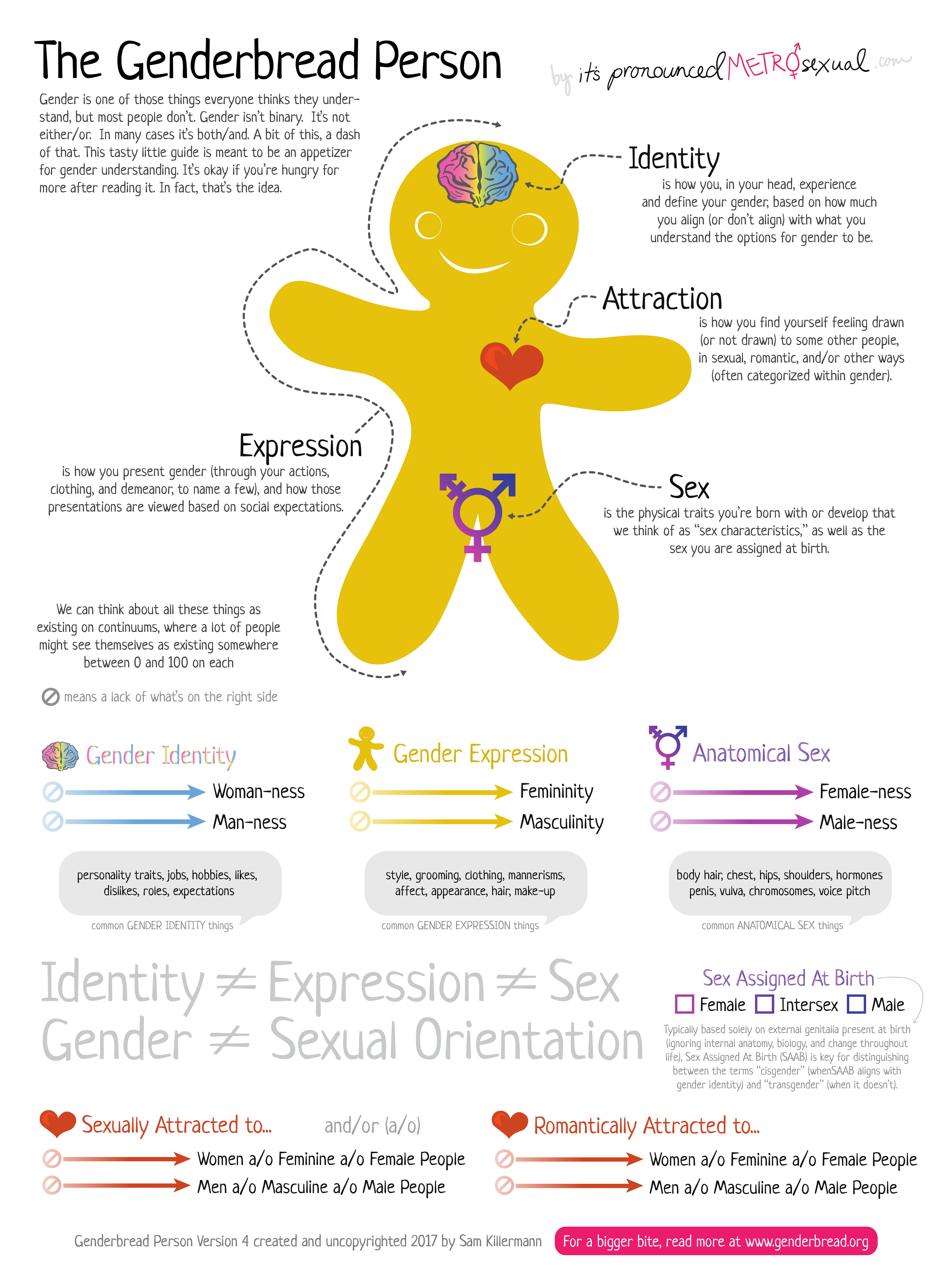


Where to go for more support
42nd Street’s Inside Out service supports young people aged 13-25 who are questioning their gender, identity and/or sexuality (LGBTQ+).
We offer individual therapeutic support with an ‘out’ LGBTQ+ worker. Sessions will be arranged at a time and venue that works for you.
You can check out individual therapeutic support services here.
Or if group work is your thing… Q42 might be your thing!
Q42 is our online LGBTQ+ project for young people aged 13-18 across Greater Manchester who meet weekly to create an online space for other LGBTQ+ young people.
Feel free to call us: 0161 228 7321 or email us: hello@q42.org.uk and we’ll give you all the info you need!
Writing and Illustrations by: Daisy Wakefield





